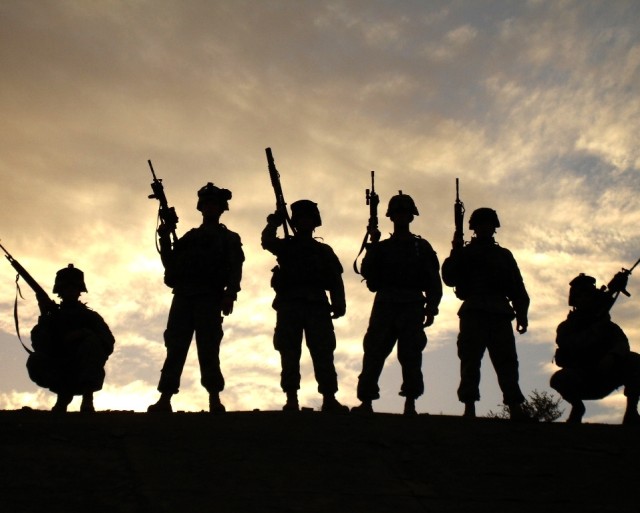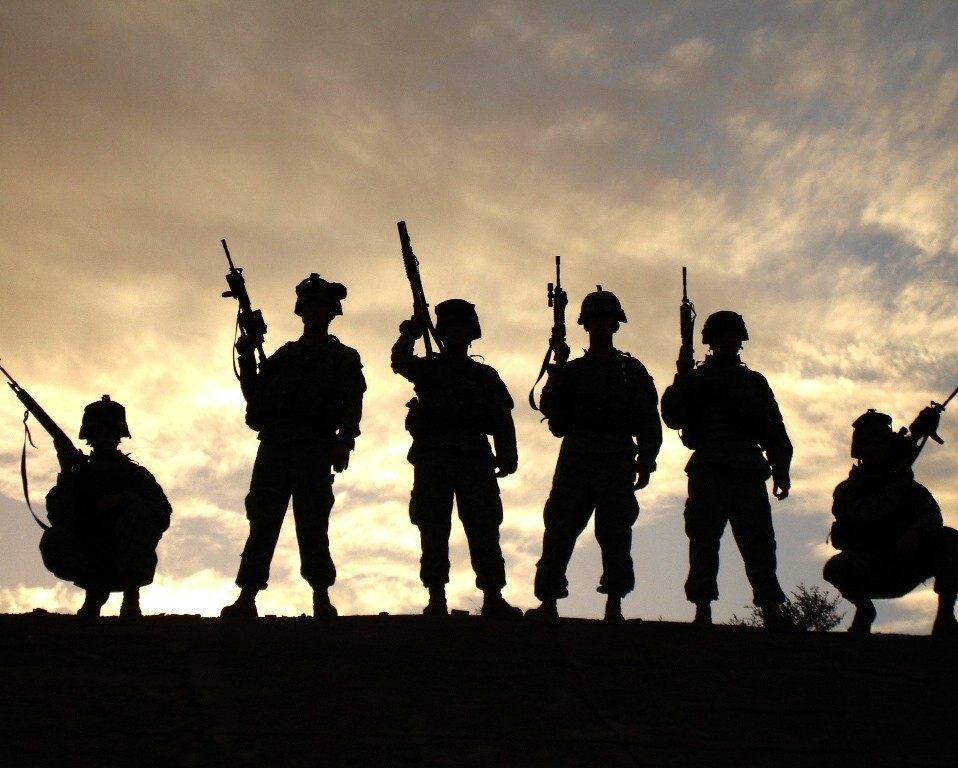WASHINGTON (Army News Service, Nov. 30, 2007) - The Army's Wounded Soldier and Family Hotline has received and answered more than 8,000 calls from Soldiers, veterans, Families and concerned citizens, and about 85% of callers have received favorable responses, according to the hotline's deputy director.
The Army implemented the WSFH March 19 to give wounded, injured or ill Soldiers and their Families a way to share concerns about the quality of their care. It does not circumvent the chain of command, but gives Soldiers additional means to resolve medical-related issues.
The WSFH also provides senior Army leaders with visibility of medical-related issues so they can appropriately allocate resources.
In fact, according to Deputy Director Col. Bob Clark, senior Army leaders receive daily reports outlining the number of calls the hotline receives, issues raised, the time it takes to resolve them and the resolution.
"Army leadership is very, very aware of what is going on, and what the issues are that are facing our Soldiers today," he said.
The hotline, he said, receives three types of calls: inquiries, requests for information and issues. Responding to an inquiry can be as simple as proving directions to Walter Reed, while requests for information, such as the best time to go to Walter Reed, usually require some research and may take about 24 hours.
Issue-related calls, of which the WSFH has received about 2,100, are more complicated. For example, a Soldier doesn't have a vehicle and can't get to Walter Reed. In this case, Col. Clark said, he would call the medical community and tell them the Soldier needs transportation.
The majority of calls are about medical issues, but the hotline also receives calls about personnel, legal, financial and other issues. Most of the other issues end up falling under the Department of Veterans Affairs' authority, and hotline workers make sure they get to the right place.
Col. Clark described the hotline as a "clearing house" that pushes the issue to the appropriate agency, including Forces Command, Central Command, Medical Command, Training and Doctrine Command, the National Guard Bureau and Army Reserve Command, to ensure Soldiers and their Families get answers.
Even if the answer isn't one the Soldier and his or her spouse wants, Col. Clark said, they always get an answer, and their chain of command often tries to be as accommodating as possible. For example, one Soldier's wife wanted her husband to come back from Germany but his command couldn't reassign him due to mission requirements. They did immediately send him home on leave, however.
According to Col. Clark, the WSFH has success stories every day. One Vietnam veteran had been trying to get his VA benefits for seven years, but the local VA wasn't giving him credit for combat time. The WSFH forwarded his call to the VA's executive level, and three weeks later the veteran not only had his benefits, he had five years of back pay.
The WSFH can be reached at 1-800-984-9523 or Defense Switched Network at 312-328-0002, 24 hours a day, seven days a week.


Social Sharing